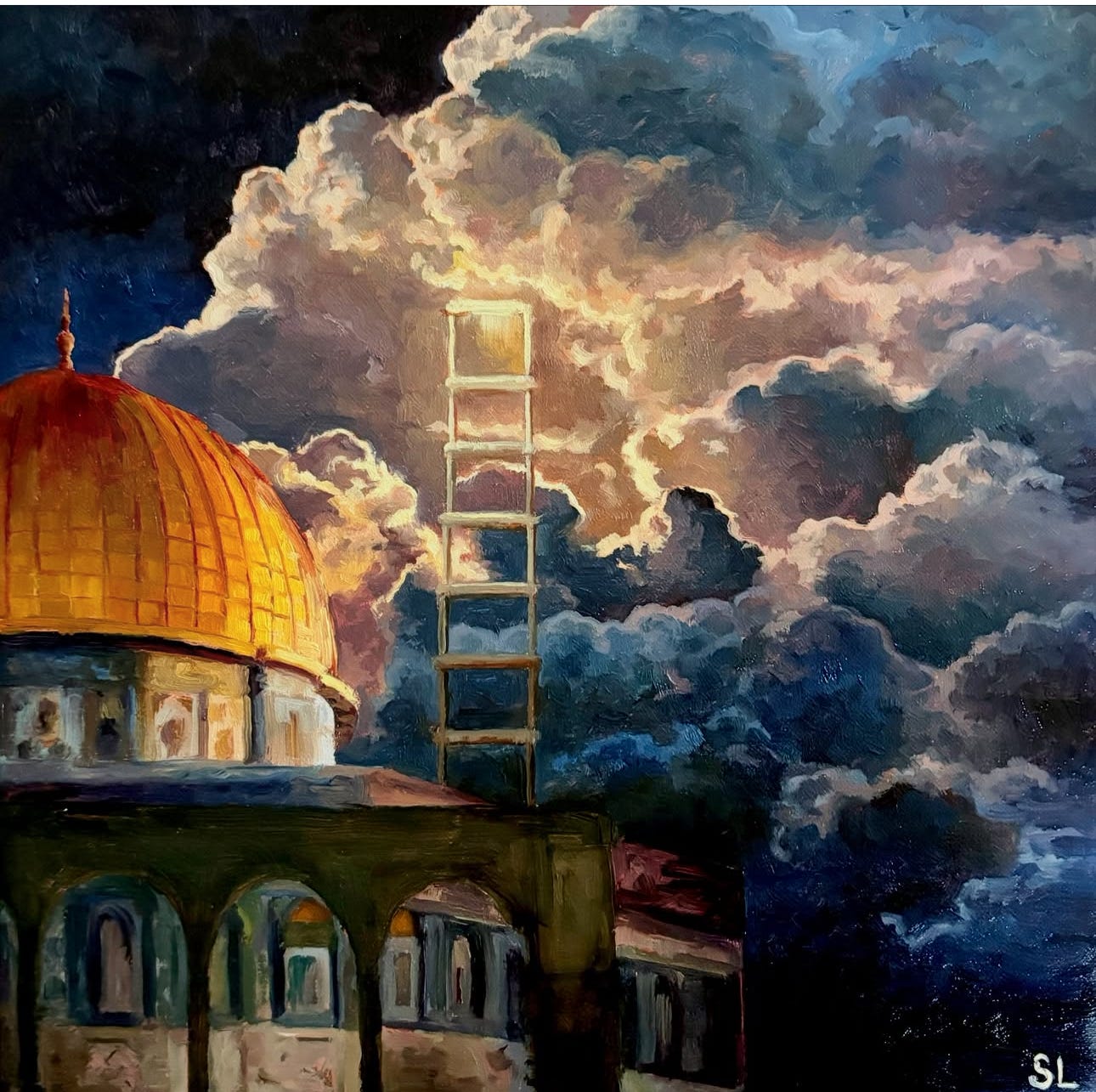UN demands 'independent probe' into Israel's killing of US activist
US officials responded only tepidly after Israeli troops killed Aysenur Ezgi Eygi with a gun shot to the head during a protest Friday
The UN has called for a "full investigation" into Israel's killing of a US citizen in the occupied West Bank during a protest against illegal Jewish settlements, the BBC reported on 7 September.
Israeli troops killed Aysenur Ezgi Eygi, 26, with a gunshot to the head as she took part in the weekly Friday protest in the town of Beita near Nablus.
In response to the killing, Stéphane Dujarric, the spokesman for the UN secretary-general, said: "We would want to see a full investigation of the circumstances and that people should be held accountable."
Civilians "must be protected at all times," he added.
The US also called for an investigation into the incident. Sean Savett, spokesman for the White House's National Security Council, said Washington was "deeply disturbed by the tragic death of an American citizen."
"We have reached out to the government of Israel to ask for more information and request an investigation into the incident," Savett said.
Middle East Eye notes that statements so far from US officials regarding Eygi's killing are in "stark contrast" to remarks that followed the death of Hersh Goldberg-Polin, a dual US-Israeli citizen and Israeli soldier taken captive by Hamas on 7 October.
Goldberg-Polin's body was found on 1 September along with the bodies of five other Israeli captives in Gaza. Israel claims Hamas executed the six captives. Hamas says they were killed by Israeli airstrikes.
US President Joe Biden said he was "devastated and outraged" over the death.
"It is as tragic as it is reprehensible. Make no mistake, Hamas leaders will pay for these crimes. And we will keep working around the clock for a deal to secure the release of the remaining hostages," Biden said.
Since Israeli troops killed Eygi on Friday, additional details of the circumstances have emerged from witnesses.
Anti-Zionist Jewish Israeli activist Jonathan Pollak, who was at the protest, told BBC World Service's Newshour program he had seen "soldiers on the rooftop aiming."
He said he had heard two separate shots, "with like a second or two distance between them."
"I heard someone calling my name, saying in English, 'Help us. We need help. We need help.' I ran towards them," he said.
He said he had then seen Eygi "lying on the ground underneath an olive tree, bleeding to death from her head."
"I put my hand behind her back to try and stop the bleeding," he said. "I looked up, there was a clear line of sight between the soldiers and where we were. I took her pulse, and it was very, very weak."
He added that Friday's demonstration had been Eygi's first time attending a protest with the International Solidarity Movement (ISM), a volunteer organization that accompanies Palestinians engaged in non-violent protest against Israel's illegal occupation.
ISM reports that Israeli forces have killed 17 Palestinians in the same location since March 2020.
Dr Fouad Nafaa, the head of the Rafidia Hospital where Ms Eygi was rushed after being shot, confirmed that she died from a "gunshot in the head."
An autopsy also confirmed that Eygi was killed by a sniper bullet to the head, Nablus Governor Ghassan Daghlas told Al-Jazeera on Saturday
"When she was shot, she was standing there doing absolutely nothing with one other woman - it was a deliberate shot because they shot from a very, very, very far distance," saidanother ISM activist who witnessed the killing.
"It was a deliberate shot to the head," the activist, who wished to remain anonymous, stated.
The Israeli military claimed in a statement it had responded to stone-throwing when Eygi was shot.
While speaking to the BBC, Jonathan Pollak said there had been clashes but there had been "no stone throwing" where Eygi had been and that the soldiers had been "under no threat" when they shot her in the head.
Eygi, a dual US-Turkish citizen, was born in Turkiye but moved to the US with her family as a baby and grew up in Seattle.
Before traveling to occupied Palestine to volunteer with ISM, Eygi had recently graduated from the University of Washington.
The Electronic Intifada reported that in April 2003, Israeli troops similarly shot an ISM activist from the US, Brian Avery, in the face near Jenin. He survived the shooting, but the bullet shattered his jaw and his nose. He remains permanently disfigured despite undergoing a series of expensive facial reconstruction surgeries.
Israeli soldiers opened fire on Avery while he was standing under a street lamp on an empty street with another ISM activist. He was wearing a high visibility medic vest with his hands in the air, clearly indicating he was an unarmed international.
An Israeli Armored Personnel Carrier approached at less than 30kmph and, without warning, opened heavy fire from a range of just tens of meters and then carried on driving.


No comments:
Post a Comment